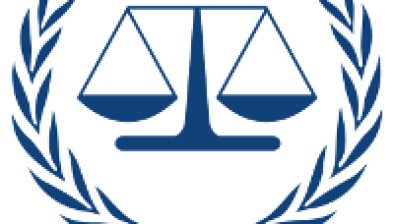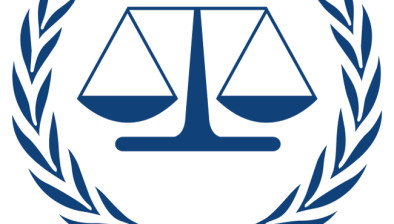ICC rules it has jurisdiction over occupied Palestinian territories

The International Criminal Court (ICC) has jurisdiction over Israeli-occupied Palestinian territories, a pre-trial chamber has ruled.
In a majority decision which it stressed does not represent an adjudication on a border dispute, the Pre-Trial Chamber I ruled that the court’s territorial jurisdiction in the situation in Palestine extends to Gaza and the West Bank, including East Jerusalem.
Palestine is a state party to the Rome Statute but Israel is not, which has led to a major dispute over the court’s ability to examine allegations of war crimes in territories occupied by Israel.
In its 2-1 majority ruling, the chamber held that in accordance with the ordinary meaning given to its terms in their context and in the light of the object and purpose of the Statute, the reference to “the State on the territory of which the conduct in question occurred” in article 12(2)(a) of the Statute must be interpreted as a reference to a state party to the Rome Statute.
The chamber found that, regardless of its status under general international law, Palestine’s accession to the Statute followed the correct and ordinary procedure and that the chamber has no authority to challenge and review the outcome of the accession procedure conducted by the Assembly of States Parties.
Palestine has thus agreed to subject itself to the terms of the ICC Rome Statute and has the right to be treated as any other state party for the matters related to the implementation of the Statute, it said.
Pre-Trial Chamber I noted that, among similarly worded resolutions, the General Assembly of the United Nations in Resolution 67/19 “[reaffirmed] the right of the Palestinian people to self-determination and to independence in their State of Palestine on the Palestinian territory occupied since 1967”.
On this basis, the majority, composed of Judge Reine Adélaïde Sophie Alapini-Gansou and Judge Marc Perrin de Brichambaut, found that the court’s territorial jurisdiction in the situation in Palestine extends to the territories occupied by Israel since 1967, namely Gaza and the West Bank, including East Jerusalem.
In addition, the majority found that the arguments regarding the Oslo Agreements, and its clauses limiting the scope of Palestinian jurisdiction, are not pertinent to the resolution of the issue of the court’s territorial jurisdiction in Palestine. Such matters and other further questions on jurisdiction may be examined when and if the prosecutor submits an application for the issuance of a warrant of arrest or summons to appear.
Judge Brichambaut also appended a partly separate opinion on the reasons for which article 19(3) of the Statute is applicable in the present situation.
Judge Péter Kovács, presiding judge, appended a partly dissenting opinion, in which he disagrees on the fact that Palestine qualifies as “the State on the territory of which the conduct in question occurred” for the purposes of article 12(2)(a) of the Statute, and that the court’s territorial jurisdiction in the Situation in Palestine extends – in a quasi-automatic manner and without any restrictions – to the territories occupied by Israel since 1967, namely Gaza and the West Bank, including East Jerusalem.








